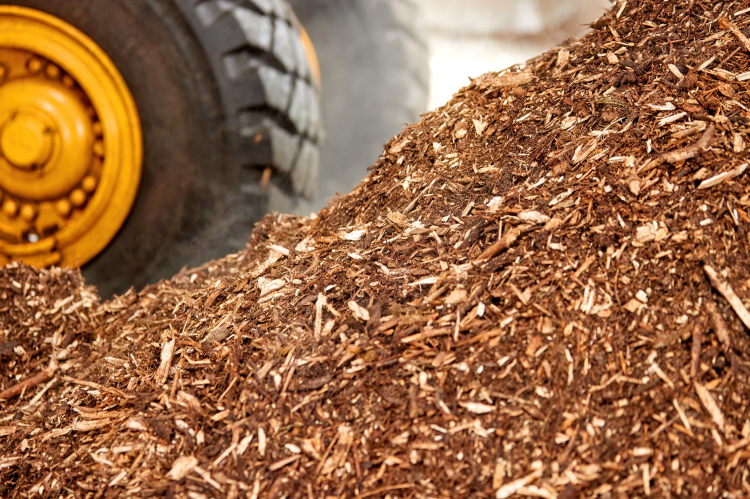Researcher Investigates Feasibility of Constructing World's First Biomass Pipeline

A US-based researcher is investigating the possibility of constructing a biomass pipeline to help eliminate issues associated with overland transport, Bioenergy Insight reported on Tuesday, June 6, 2023.
Mahdi Vaezi, an engineering technology professor at Northern Illinois University (NIU), has embarked on a groundbreaking endeavor to explore the possibility of constructing a unique biomass pipeline. This innovative project has received substantial support through a $650,000 grant from the US Department of Agriculture (USDA), spanning four years.
Vaezi envisions the potential establishment of the world's first biomass pipeline in Maine. Collaborating with the Construction Management Institute of Maine, the project will entail an in-depth examination of the techno-economy surrounding large-scale and long-distance biomass pipelines.
The focus will be on the feasibility of a 10-mile-long woodchips pipeline intended to supply a commercial port in Eastport, Maine. The woodchips would be pipelined in a slurry, mixed with water, and subsequently shipped to Europe.
According to Vaezi, the implementation of the pipeline could alleviate the logistical challenges faced by Maine's massive port, which struggles to receive an adequate supply of woodchips due to transportation limitations. "A pipeline could eliminate the need for thousands of woodchip truckloads per year," Vaezi stated.
Historically, the high cost associated with transporting biomass feedstock, primarily through trucks, has hindered the expansion of biomass-based energy facilities. The ongoing study will encompass comprehensive technological and economic analyses, comparing the hydro-transportation of biomass through pipelines with alternative methods, such as trucks, trains, and ships, for short, medium, and long distances.
"Pipelining is regarded as a nearly emission-free process, effectively addressing environmental and social concerns linked to overland transportation," Vaezi explained.
Furthermore, a pipeline system offers an added advantage as the biomass slurry can be heated to eliminate contaminants or infestation that may violate biomass shipping regulations. Once delivered, the biomass can be screened to recycle water and relocated to an open area, where it can be naturally or mechanically air-dried at minimal to no cost.
Alongside wood chips, the NIU team will investigate the economic and mechanical viability of pumping sawdust and wheat straw water mixtures through the pipeline.
"Biomass feedstock ensures energy security," Vaezi emphasized, adding, "It is the only type of renewable energy that can be directly converted into biofuel."
"We anticipate that this innovative undertaking will establish pipelines as a technically feasible and economically viable means of transporting biomass feedstock on a large scale and over long distances at significantly lower costs compared to other modes of delivery, such as trucks, trains, and ships," he added.
"This will position biomass-based energy facilities as formidable competitors to fossil fuel-based plants in terms of scalability and economic efficiency."

